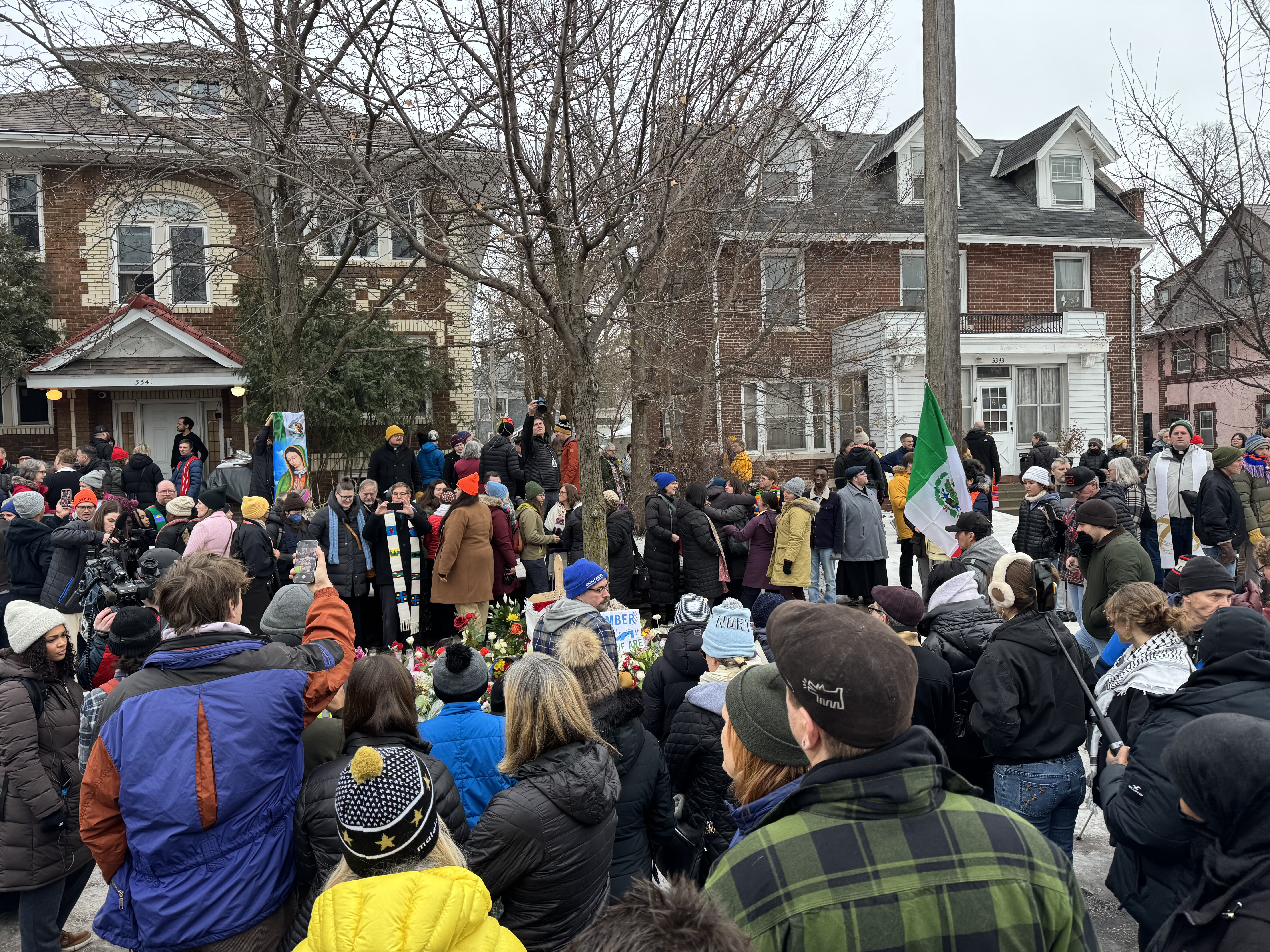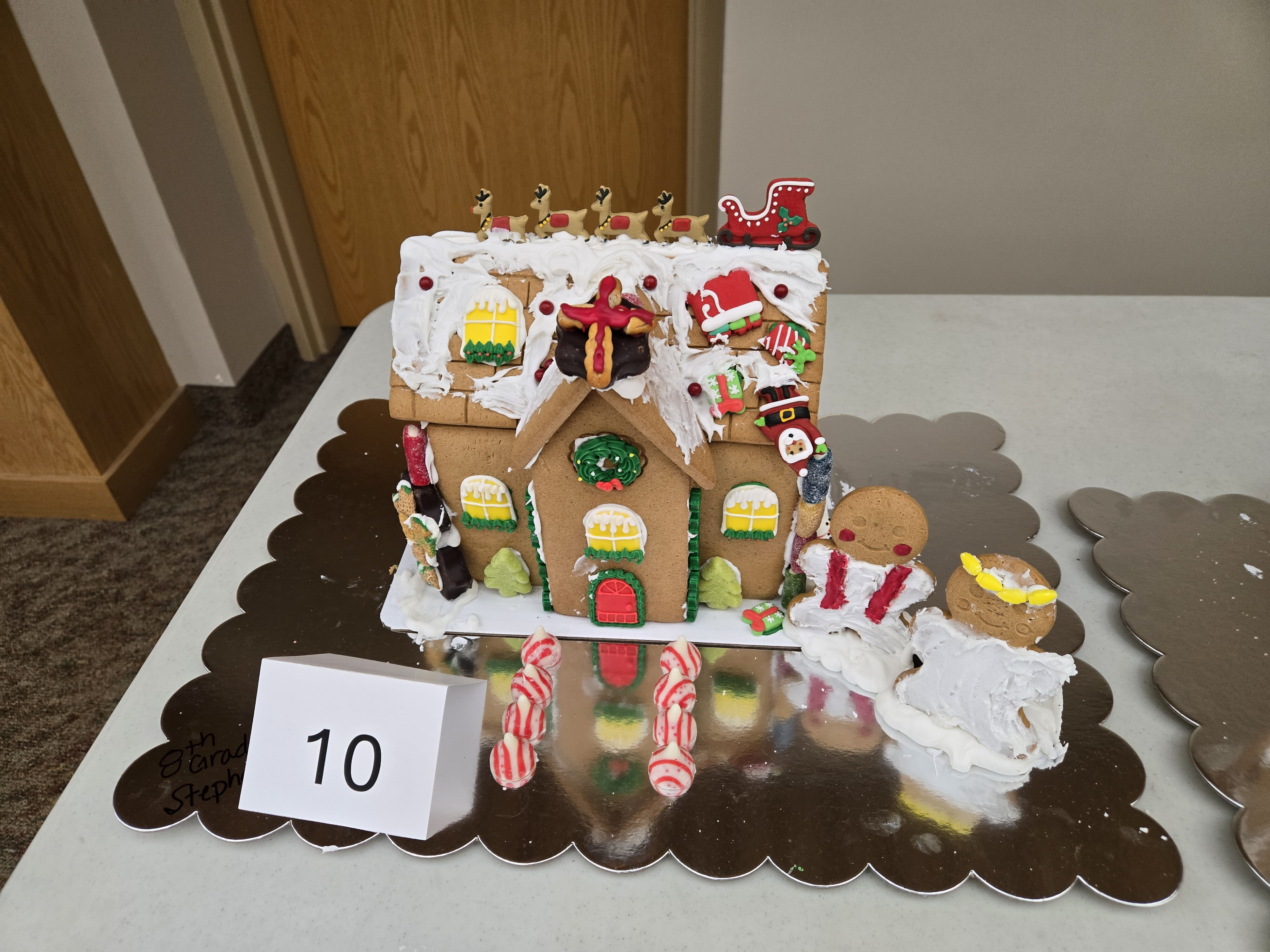Waiting in An Impatient Age

On Halloween, my 9th grade daughter handed out candy to trick-or-treaters. She did this while listening to Christmas music on Pandora. By Saturday, the Christmas decorations were up.
This is her favorite time of year and, I notice, she’s not alone. The anticipation of Christmas no longer waits for the day after Thanksgiving. I have already heard Mariah Carey’s “All I want for Christmas is You.”
In the church, we call the time before Christmas the season of Advent. Advent begins four Sundays before Christmas and is focused on waiting.
The origins of Advent go back to the 4th century as new Christians spent forty days in prayer and preparation for baptism on Epiphany, which is the 12th day of Christmas.
Eventually, the tradition of Advent connected to the 2nd coming of Christ. It wasn’t until Middle Ages that Advent shifted to the “first coming” of Jesus as a baby.
Whether it’s a baby reminding us that Jesus became human or anticipation of a new heaven and a new earth, Advent might have different meanings to us today.
The early arrival of the commercialism of Christmas can be a symbol for good. Signs of Christmas and the message of hope all around us might be what we need. There is something greater coming.
German Lutheran preacher Dietrich Bonhoeffer wrote reflections that were compiled in a devotional called God is in the Manger: Reflections on Advent and Christmas. He knew a thing or two about waiting while imprisoned during World War II.
“Waiting is an art that our impatient age has forgotten. It wants to break open the ripe fruit when it has hardly finished planting the shoot,” wrote Bonhoeffer. “All too often the greedy eyes are only deceived; the fruit that seemed so precious is still green on the inside, and disrespected hands ungratefully toss aside what has so disappointed them.”
Bonhoeffer was executed in April 1945, ten days before the Germans would surrender. He did not see the end of the war or witness peace. Yet, he spoke up to try and protect the lives of innocent people who were being killed.
“God is not ashamed of the lowliness of human beings. God marches right in [through the birth of Jesus in a manger],” wrote Bonhoeffer. “[God] chooses people as instruments and performs wonders where one would least expect them. God is near to lowliness; loves the lost, the neglected, the unseemly, the excluded, the weak and broken.”
What a powerful reminder to our community right now. There are plenty of neighbors who are hungry, unsheltered, depressed, broken, and abandoned. These neighbors are often hidden or we are quick to ignore them.
Our churches preach the commandment to love others. To love our neighbor. All of our neighbors. This is what the church must be focused on.
How will those needs arise in the months and years to come? Who will reach out? Will community members of Forest Lake be prepared to respond? Will we place conditions on who to care for? Will we turn our backs on neighbors that don’t look like us or believe like us?
Christmas is near. Can your neighbor count on you? Your church? Your local community organization? Your neighborhood?
“Only where God is can there be a new beginning,” wrote Bonhoeffer. “We cannot command God to grant it; we can only pray to God for it.”
May we be the hands and feet of God to answer the waiting prayers of our neighbors.
Pastor John Klawiter is the senior pastor of Faith Lutheran Church, an ELCA congregation in Forest Lake. For more information, email him at






1 Comments
Login To Leave Comment
Deborah Peterson Nov 21, 2024
One of the first books I read from Faith’s Library was the story of Dietrich Bonhoeffer life. I was a new Lutheran and discovered one the most inspirational men of our time. His character and commitment to what is right and good for others has been a light shining on that path for me. Highly recommend book on Bonhoeffer. Tomorrow I will see
the Bonhoeffer movie.